Christopher Columbus attributed his discovery of the New World to the guidance of the Holy Spirit? Here’s how he described it:
It was the Lord who put into my mind (I could feel His hand upon me) the fact that it would be possible to sail from here to the Indies… There is no question that the inspiration was from the Holy Spirit because He comforted me with rays of marvelous inspiration from the Holy Scriptures… Our Lord Jesus Christ desired to perform a very obvious miracle in the voyage to the Indies, to confront me and the whole people of God.
There were 56 signers of the Declaration of Independence and 24 of them were seminary graduates.
Five days after the Declaration was adopted, the Continental Congress approved the use of public funds to hire military chaplains. The Congress also ordered the importation of 20,000 Bibles for the American troops.
General George Washington sent out a letter to his regiments which stated: “The General hopes and trusts, that every officer and man, will endeavor so to live, and act, as becomes a Christian Soldier, defending the dearest Rights and Liberties of this country.”
Through all 50 state constitutions, without exception, there runs an appeal and reference to God as the Creator of our liberties and the preserver of our freedoms.
The New England Primer, first published in 1690, remained the nation’s most popular school textbook for more than 100 years, selling roughly 5 million copies in a nation with only 6 million people. The 106 lessons it contained were saturated with Bible passages, and the lessons encouraged devotion to Jesus Christ.
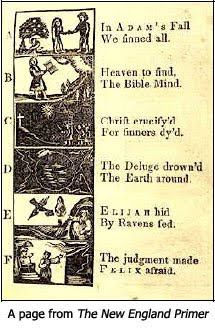
McGuffey’s Reader, which replaced The New England Primer, was first published in 1836. It was filled with biblical principles and religious instruction. It ultimately sold more than 120 million copies and was officially recognized as a public school textbook in 37 states.
Almost every one of the first 123 colleges and universities established in the United States had Christian origins and purposes. For example, Harvard University, founded in 1636, had as its motto: “Truth for Christ and the Church.” Also its rules for students stated: “Let every student be plainly instructed, and earnestly pressed to consider well, the main end of life and studies is, to know God and Jesus Christ which is eternal life (John 17:3) and therefore to lay Christ in the bottom, as the only foundation of all sound knowledge and learning.” Somewhere along the line, as the school secularized, the motto was changed to “Truth.”
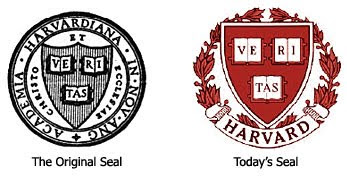
Yale University, founded in 1701, issued this charge to its students: “Above all, have an eye to the great end of all your studies, which is to obtain the clearest conceptions of Divine things and to lead you to a saving knowledge of God in His Son Jesus Christ.”
Princeton University, founded in 1746, still declares on its crest, “Dei sub numine viget,” which is Latin for “Under God she flourishes.” Jonathan Dickinson, the first president of Princeton, once declared, “Cursed be all that learning that is contrary to the Cross of Christ.”
The United States government issued Bibles to all its troops during World War II which contained the following statement from President Franklin Roosevelt:
As Commander-in-Chief, I take pleasure in commending the reading of the Bible to all who serve in the armed forces of the United States. Throughout the centuries men of many faiths and diverse origins have found in the Sacred Book words of wisdom, counsel, and inspiration. It is a fountain of strength and now, as always, an aid in attaining the highest aspirations of the human soul.
On the evening of D-Day, June 6, 1944, while Allied troops were landing on the coast of Normandy, France, President Roosevelt read a 6 1/2 minute prayer over national radio, asking God to grant the troops a victory. (You can hear the prayer at www.historyplace.com/speeches/fdr-prayer.htm.)
The words, “under God,” were added to the pledge of allegiance by Congress in 1954.”
In God We Trust” was adopted by Congress in 1956 as the national motto of the United States. It first appeared on a twocent coin in 1864. Since 1938 all U.S. coins have featured the inscription. The motto did not start appearing on paper money until 1957.
Both chambers of the House and Senate at our national capitol building feature the inscription, “In God We Trust” on their walls.


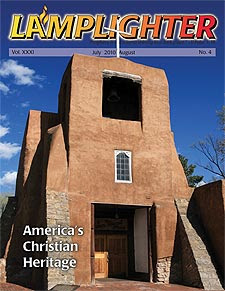

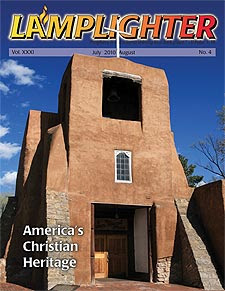


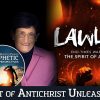


"Palestinian leader Mahmoud Abbas, branded a "moderate" by the international community, let his true colors show during a recent meeting with writers and journalists when he stated that he would favor a pan-Arab military offensive against the Jewish state."
http://www.israeltoday.co.il/default.aspx?tabid=178&nid=21473
A "pan-Arab military offensive" will become a "panned" Arab military offensive with God's condolences…
🙂